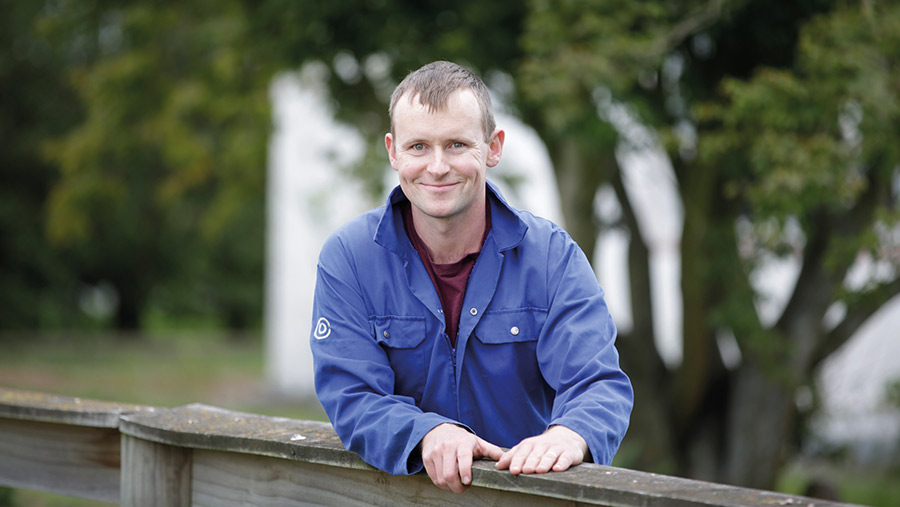Chris Bennett: Cut farmers some slack on water quality
 © Johnny Houston
© Johnny Houston The Environmental Audit Committee released its Water Quality in Rivers report in mid-January, describing a “chemical cocktail” in rivers, mainly blaming agriculture and, in particular, poultry farmers.
But is it correct to suggest we are more at fault than water companies that frequently and consistently dump raw sewage directly into watercourses?
I worry that farmers are taking more than their fair share of the blame. There seems to be a recurring theme of using agriculture as an easy target.
See also: Chris Bennett – carbon credits bring complex choices
It echoes the blaming of cows, instead of fossil fuels, for climate change.
It is easy to blame a lowly chicken farmer ahead of a powerful water company, even when these companies are allowed to self-monitor and are known to underreport sewage discharge.
Get the balance right
Whether or not the report is fair, as farmers, we need to up our game when it comes to keeping nutrients on the farm.
Let’s not forget that the leached nitrogen and phosphorus, the main culprits, are valuable – especially this year with fertiliser prices being so high.
Practices encouraged in the Sustainable Farming Incentive may help; cover crops over winter are known to prevent leaching, and soil testing helps to better target inputs.
Buffer strips around watercourses, along with improved muck and slurry storage and application, may be solutions.
All of these changes have a financial cost and, with farm profitability the way it is, farmers deserve to be cut a little slack. As they say, “it is hard to be green when you’re in the red”.
I recently heard a New Zealand farmer compare farming to doing a Rubik’s Cube.
With a simple twist, you can get a square to the side you want it, but you risk messing up a whole lot of other stuff in the process.
Farmers can manage nutrients to limit water pollution, but if profitability is such that they go bust in the process, it is not a viable option.
Let’s hope that, as with a Rubik’s Cube, there is a perfect solution that can satisfy all sides.


